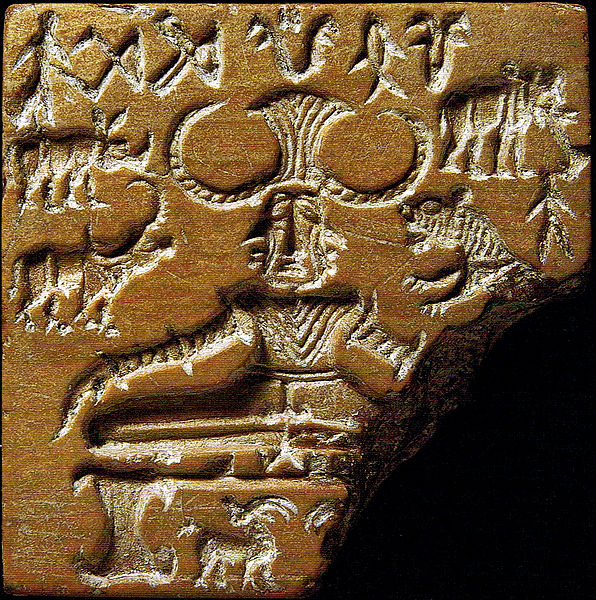Primary Scheme of Work: Indus Valley
Primary Scheme of Work, Key Stage 2 History (resourced)

How can we investigate the Indus Valley Civilisation?
This unit on the Indus Valley Civilisation (2600-1900) BCE gives children the opportunity to study an ancient, 'lost' urban civilisation discovered by archaeologists in the Indian subcontinent, early 20th Century. The story of its discovery and the surviving evidence – architecture and artefacts – helps children understand how we can build up a picture about the past. They can be encouraged to make valid historical deductions and inferences, and use cross-curricular activities to support historical enquiry. They can ask and try to answer questions, learning there may not be a correct answer. Archaeologists have explained the same evidence very differently and ideas change as new discoveries are made. There are differences of opinion, alternative scenarios and interpretations to explore, encouraging children to be critical about what historians say and look for reasons why they say it.
This unit is structured around 3 overarching enquiries:
- How do we know about the Indus Valley Civilisation? How was it discovered and dated? What has been found out since then?
- How can we find out about it? What can we learn about the way of life from artefacts and architecture?
- Why have archaeologists disagreed about what the Indus Civilisation was like, and why it came to an end?
|
Please note: The majority of the HA schemes of work were produced between 2014-2019 by members of the HA primary committee and its affiliates. This unit is a resourced scheme of work; however, the resources it refers to may in some cases only be available to full members of the HA. These schemes of work are designed to support your planning and should be moulded and adapted to fit the context and needs of your own school. To view a free sample scheme of work, please refer to our Anglo-Saxons unit. We regularly check the hyperlinks included in the schemes but unfortunately every now and again some links may go out of date. If you spot a broken link, please let us know on enquiries@history.org.uk. |
This resource is FREE for Primary HA Members.
Non HA Members can get instant access for £15.00

